
Beth Greenfield
Senior Writer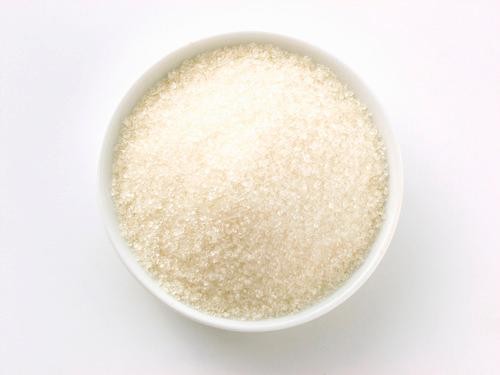
White sugar. Photo by Stockfood
They say, “Know thy enemy,” right? Then getting to know oft demonized sugar — as well as its myriad alternatives, while we’re at it — is probably not such a bad idea.
So first, sugar: Yes, it’s as bad as you’ve heard. Studies have linked the stuff to obesity, heart disease, cancer, and impaired brain function, while many simply dub it “poison.” But it’s far from the only problematic sweetener on the market. Agave, once touted as one of the healthiest natural alternatives, now gets routinely slammed for its high content of fructose, which J.J. Virgin, author of “The Virgin Diet” and the forthcoming “Sugar Impact,” calls “nasty stuff.” Fructose, she writes, “raises your cholesterol, increases glycosylated hemoglobin [a diabetes indicator], spikes your blood pressure, and sets you up for insulin resistance and eventually type 2 diabetes.” So, when choosing a sweetener, she told Yahoo Health via email, “I would consider its fructose impact and its glycemic impact [how quickly it raises blood sugar]. Many so-called healthy sweeteners are actually equal to or higher in fructose than regular table sugar (looking at you, agave), so you’ll want to skip those.”
Consuming too much sugar — particularly the “hidden” kinds that lurk in foods from bagels to cereals — also saps our energy, according to Diane Sanfilippo, certified nutrition consultant and “The 21-Day Sugar Detox” author. “The short story is that bad carbs [which are] nutrient-poor, use vitamins and mineral reserves to metabolize them without bringing any to the table,” she told Yahoo Health. “Your body’s nutrient stores are then depleted — B vitamins and minerals, very specifically — leaving you tired and craving more energy. It starts a vicious cycle of eating sugar and then craving more.” Kind of takes all the fun out of that ice-cream sundae.
Still, there are plenty of other good alternatives out there, right? Well, that all depends on whom you ask. While Sanfilippo does have her go-to sweeteners, she generally tries to avoid them altogether — and her 21-day plan allows no added sweetener at all. But when those three weeks are over, she explained, “Natural foods tend to taste sweeter to you, and that’s a really liberating experience. A peach will be the sweetest thing ever.”
Still, for those who remain unconvinced — or who like to bake, or need to just add a pinch of sweetener to their morning coffee — read on.
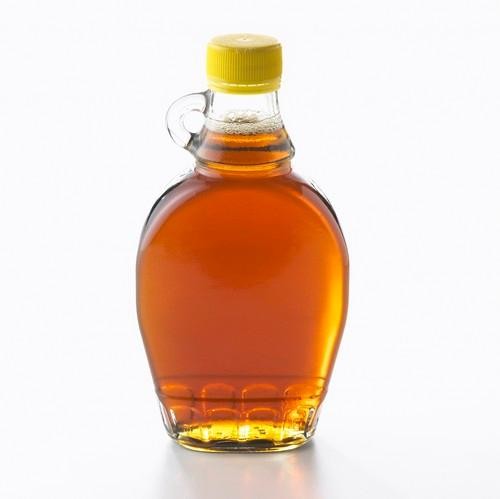
Photo: Stockfood
Maple syrup
Source: Harvested sap of maple trees, which is then boiled down and filtered in sugar houses
Pros: It’s generally comprised of 70 percent sucrose, with a low fructose level, and has been found to contain antioxidants.
Cons: Still contains fructose
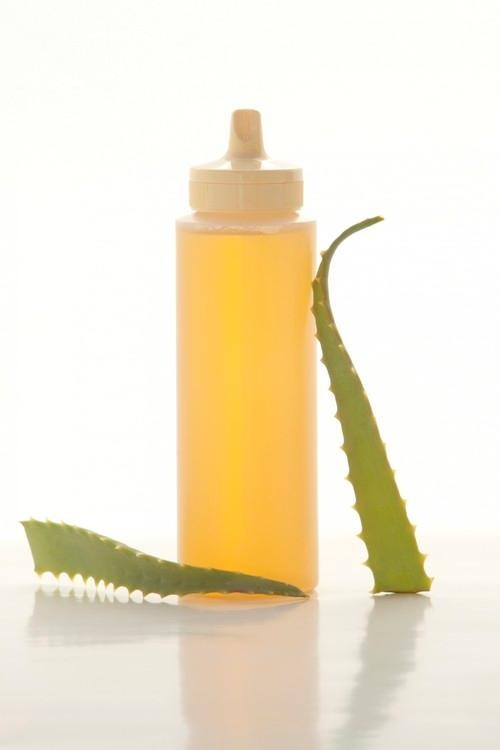
Photo: Corbis Images
Agave Syrup
Source: Sap from the leaves of the blue agave plant, which is boiled down
Pros: It’s intensely sweet, so you don’t need as much as sugar
Cons: It has an extremely high fructose content — 75 to 90 percent, which is even more than that of the dreaded high fructose corn syrup — meaning it doesn’t metabolize well, and therefore raises blood sugar levels.
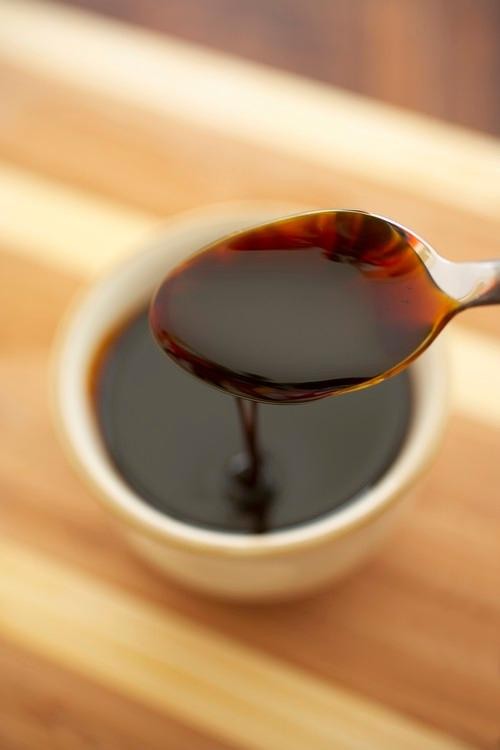
Photo: Stockfood
Molasses
Source: A byproduct of the sugar-cane refining process
Pros: It’s rich in all the nutrients extracted from sugar during the refining process — iron, copper, magnesium, zinc, calcium, and potassium. Thick and gooey blackstrap molasses, from the last press in the process, is particularly rich in minerals and often recommended as a great vegan source of iron.
Cons: It’s got high fructose levels.

Photo: Corbis Images
Honey
Source: Flower nectar that’s collected by bees, naturally broken down into simple sugars, and stored in honeycombs.
Pros: While the commercial type is not so different than sugar, raw honey remains rich in nutrients. “In the case of honey, almost no processing is necessary. As a result, I vote for raw, organic, local honey as the ideal natural sweetener after your 21-day sugar detox,” advised Sanfilippo. Nationally recognized nutritionist and best-selling author Dr. Joseph Mercola also votes for raw or Manuka honey, from New Zealand, in small quantities.
Cons: It’s almost half fructose

Photo: Stockfood
Stevia
Source: The leaves of the warm-climate stevia rebaudiana plant
Pros: It’s natural, and has no carbs or calories, and doesn’t raise blood sugar. “Stevia and monk fruit [see below] are low glycemic and actually provide some health benefits, so they would be ideal choices,” according to Virgin. It’s sold as both dried leaves (which Sanfilippo likes to put in her smoothies) and more processed powders — and as the more confusing, less advised brand Truvia, which is a processed sugar substitute using only certain active ingredients from the plant, along with additives.
Cons: It still perpetuates the desire for sweets (as do artificial sweeteners), tricking your body into craving more. Can taste bitter.
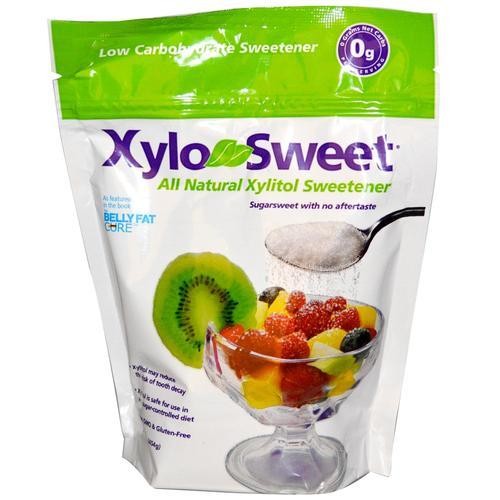
Photo: Xylo Sweet
Xylitol (pictured) Erythritol and other sugar alcohols
Source: Xylitol is from plant fibers that can include those of berries, birch and, most often, cornhusks. Erythritol occurs naturally in some fruits.
Pros: Very few calories, don’t raise glucose levels (meaning it’s good for diabetics), won’t rot your teeth
Cons: Being sourced from cornhusks could mean inherent GMOs, and it can cause gastric upset in some people. Sanfilippo is suspicious of these options, she said, because “I think there’s a lot of processing going on there.” These can also taste bitter.
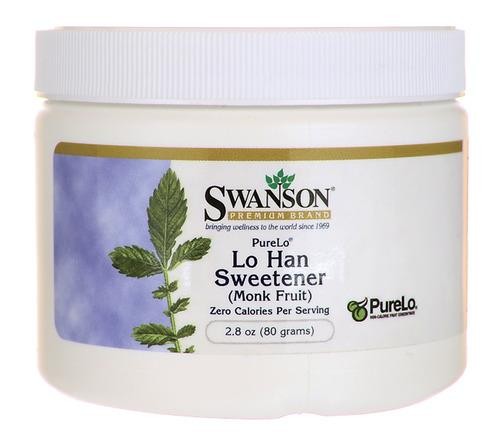
Photo: Swanson
Lo Han
Source: China’s Lo Han fruit (monkfruit)
Pros: It’s been used in China for centuries to treat obesity and diabetes, is rich in antioxidants, and has no calories.
Cons: Perpetuates the desire for sweets
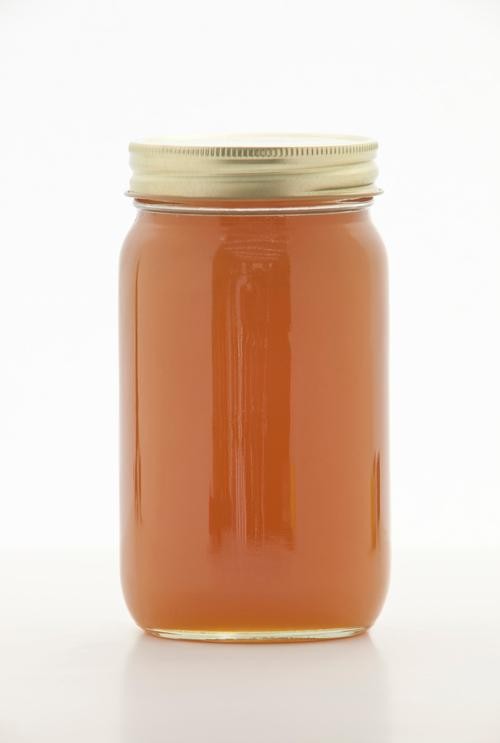
Photo: Getty Images
Brown rice syrup
Source: Brown rice, which is cooked and then exposed to enzymes which breaks it down into sugar
Pros: It contains no fructose
Cons: It also contains no nutrients, but, like brown rice itself, could possibly contain arsenic.
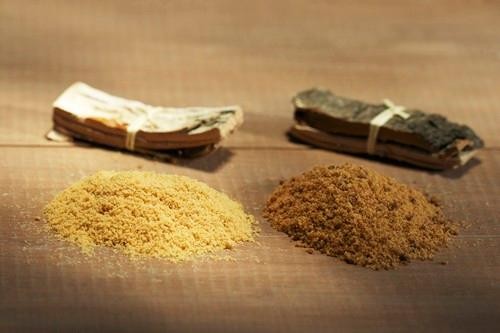
Photo: Stockfood
Coconut palm sugar
Source: The extracted sap of the coconut palm, boiled and dehydrated
Pros: Low fructose content, high in potassium and vitamin C. Just be advised, writes Dr. Andrew Weil, “If you want to try coconut sugar, shop carefully and read the labels before buying: some brands may be mixed with cane sugar and other ingredients.”
Cons: Still contains fructose, plus the same carbs and calories as sugar.
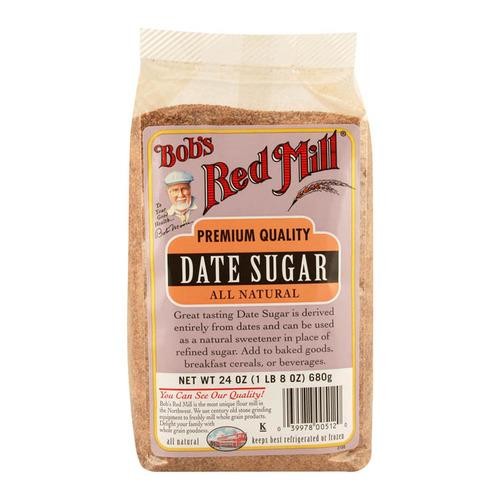
Photo: Bob’s Red Mill
Date sugar
Source: Dehydrated, ground dates
Pros: No additives, plus a high potassium and antioxidant content — more antioxidants than nearly a dozen other popular sweeteners, according to a 2013 study from Virginia Tech’s Biochemistry department.
Cons: High fructose content and a clumpy texture, so it’s a better substitute for brown sugar than sugar